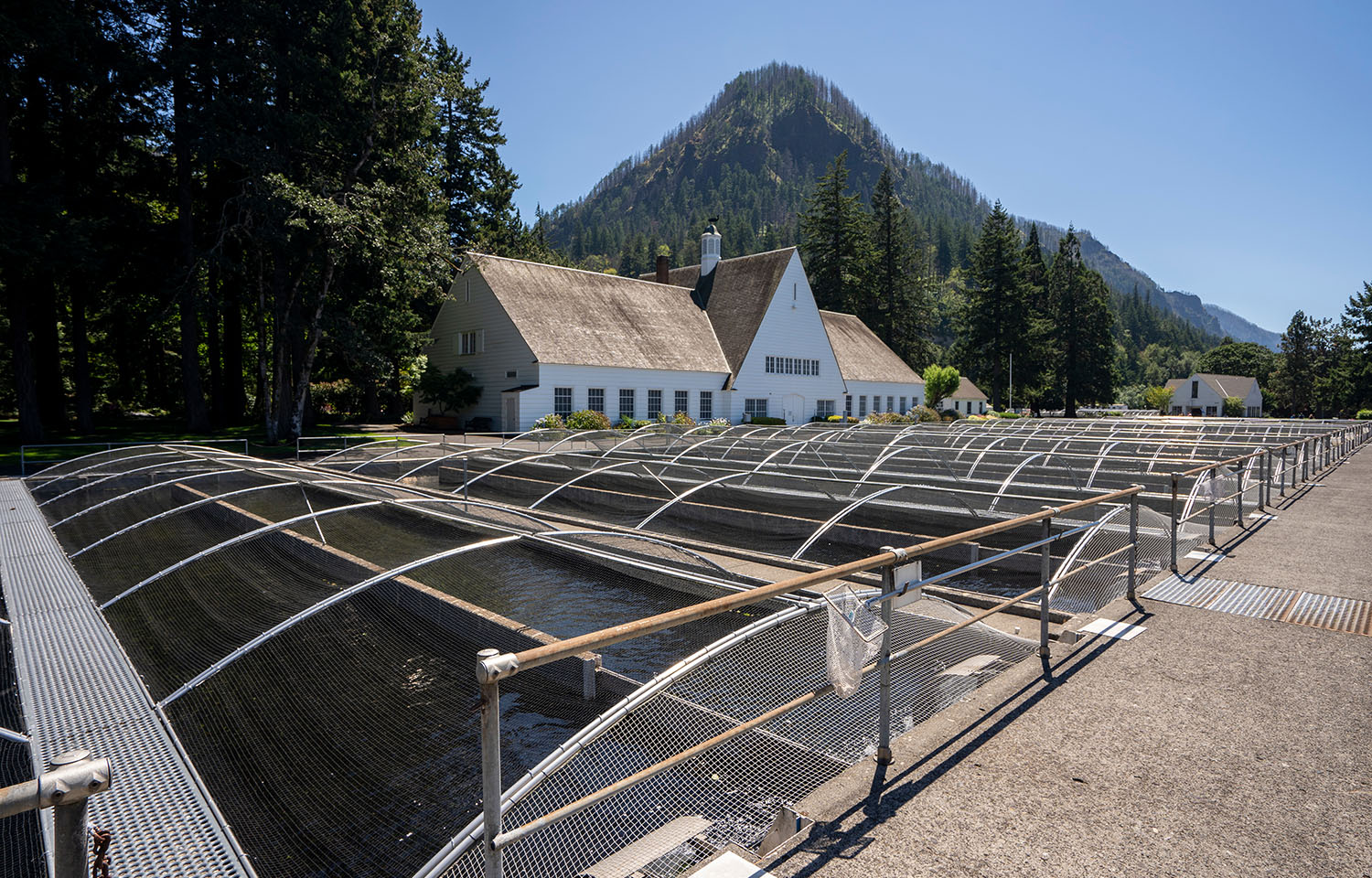NOAA Fisheries is finalizing documents that will serve as a response to a lawsuit that resulted in the near-cancellation of Southeast Alaska's commercial Chinook salmon fishery in Southeast Alaska in 2023.
The announcement is the latest development in an ongoing lawsuit between environmental group Wild Fish Conservancy (WFC) and the U.S. government. WFC sued NOAA Fisheries in 2020, claiming that the commercial Chinook salmon harvest and government-funded hatchery programs were taking prey needed by Southern Resident killer whales, starving them in the process. In 2021, a district court ruled in favor of WFC, finding flaws in the official documentation and that analysis was needed to allow commercial fishing operations.
The legal battle became much more alarming to Alaska salmon fishers and government officials in May 2023 when the district court vacated an incidental take statement that was a legal requirement for opening the Chinook salmon troll fishery in Southeast Alaska. With the fishery set to be canceled before it even opened, government officials appealed the ruling to the U.S. Ninth Circuit Court of Appeals.
At the request of the state of Alaska the Ninth Circuit issued a stay allowing the commercial troll fishery to open as planned while NOAA Fisheries corrected its analysis.
NOAA Fisheries said it is now finalizing two separate environmental impact statements – one on the impact of its prey increase program and a second on an incidental take statement for Southeast Alaska salmon fisheries – as required by the court. The agency expects to release those documents in late summer or fall 2024.
The agency said in its announcement that if its analysis supports banning the incidental take of species like Southern Resident killer whales, it will issue an incidental take statement exempting Southeast Alaska salmon fisheries from that prohibition.
The Ninth Circuit Court of Appeals is slated to hold a hearing on an appeal of its decision allowing the fishing season to proceed on 18 July. But the summer troll fishery is expected to open as usual on 1 July, according to a draft management plan issued by the Alaska Department of Fish and Game in June.
WFC has continued its push to secure legal protections for Alaska Chinook salmon and halt government hatchery programs, the latter of which the group claims harm wild salmon populations. In April, the group sued government officials, claiming they are not adequately protecting wild salmon from hatchery programs as required by the Endangered Species Act (ESA). In a separate effort, WFC won a partial victory in May when NOAA Fisheries announced it was launching a full investigation into whether Alaska Chinook salmon should be listed under the ESA in response to a WFC petition.
“This is an encouraging first step in what we hope will be a listing of Southeast Alaska Chinook under the ESA” WFC Senior Ecologist Nick Gayeski said in a statement. “Listing should provide the many at-risk Chinook populations in this region stronger protection from harms in the near term and initiate the development of scientifically credible recovery plans.”








